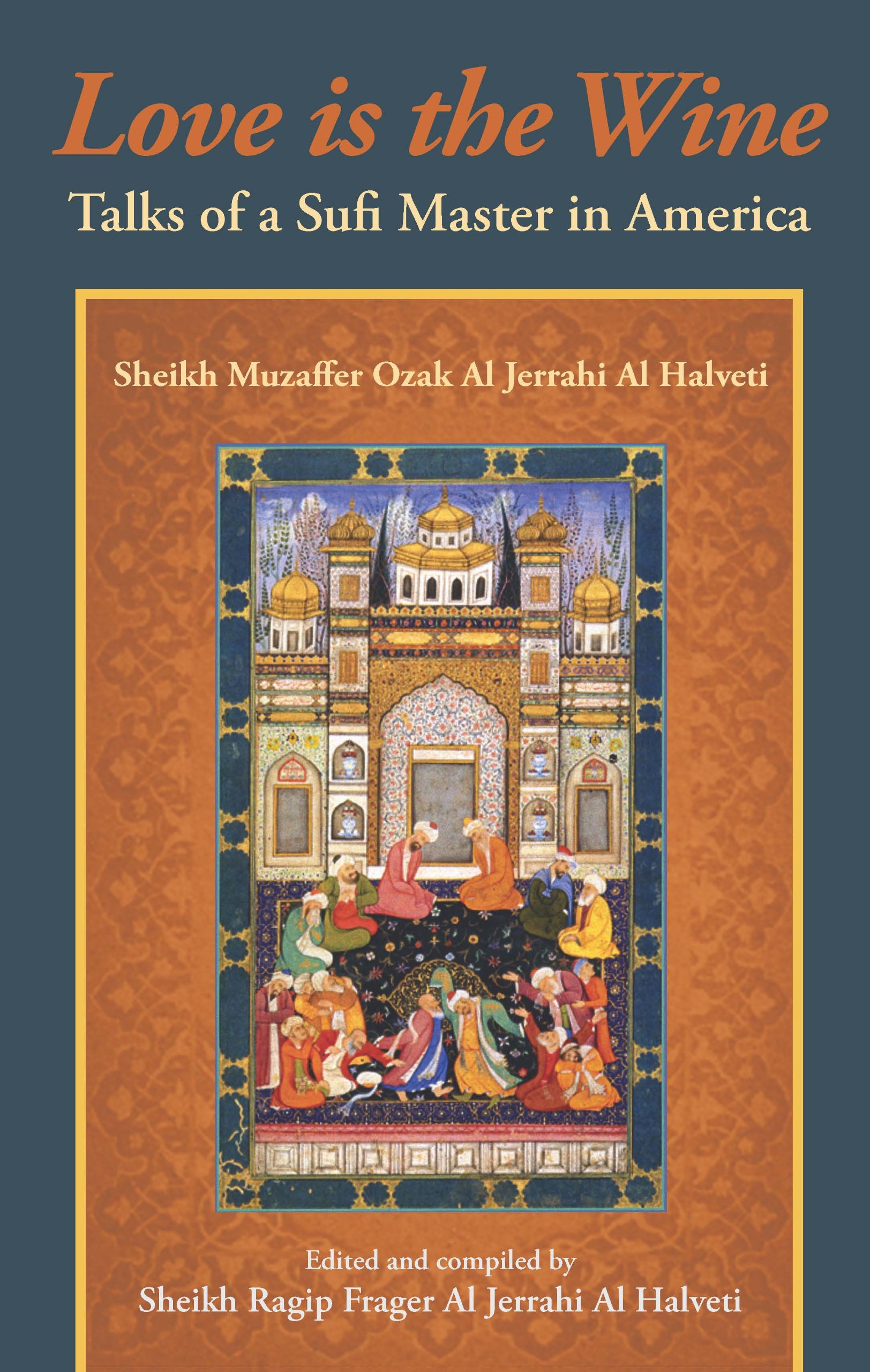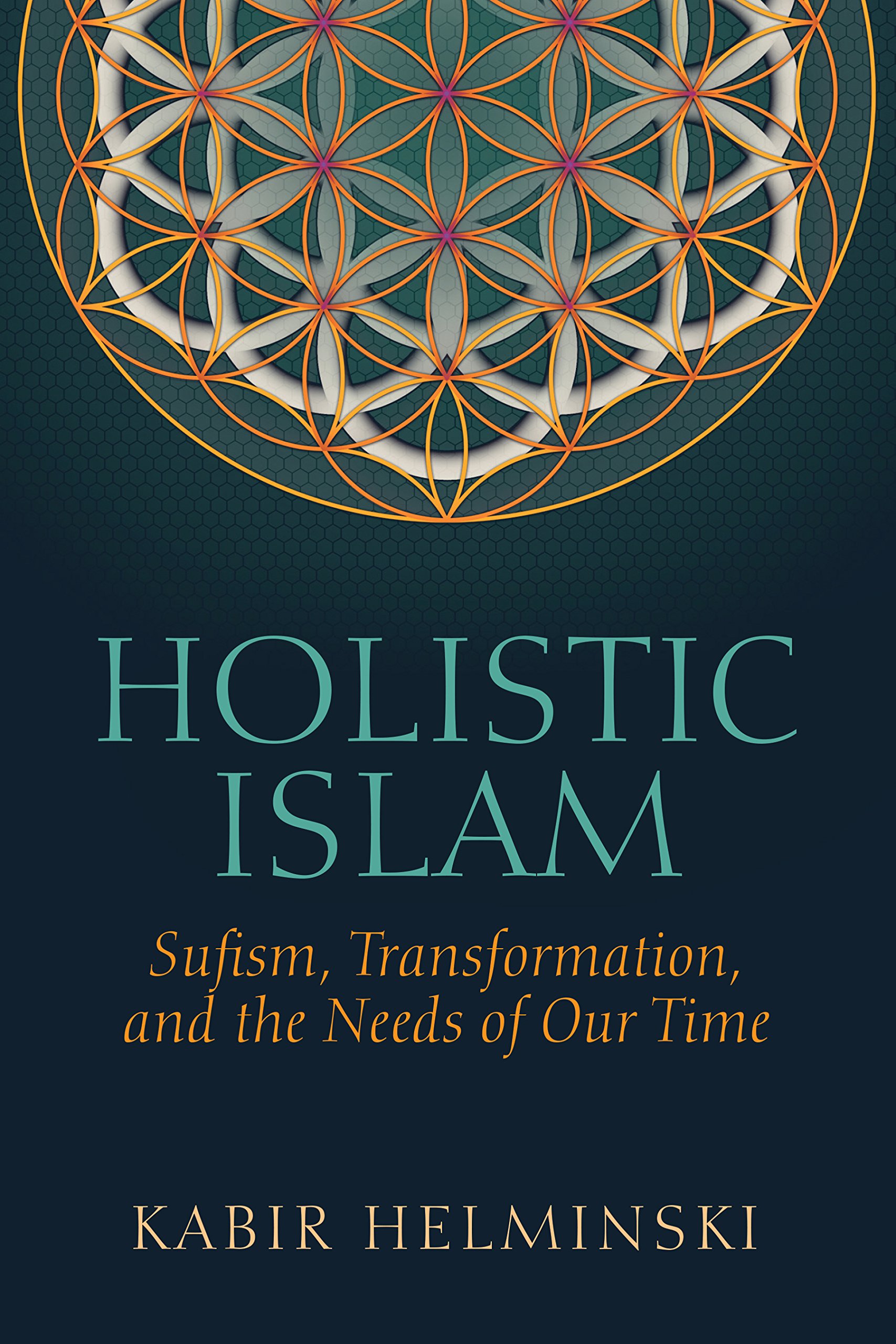TOPIC
Sufism & islam
Below are the best resources we could find on Sufism and islam.
FILTER
CLEAR ALL
BY TEACHER
BY TYPE
FILTER

TOPIC
- Mysticism (12)
- Love (8)
- Science and Spirituality (5)
- Spiritual Development (5)
- Spiritual Direction (5)
- Spiritual Awakening (4)
- God (4)
- Presence (3)
- Connection with Nature (3)
- Transformation (3)
- Spiritual Practices (3)
- Consciousness (3)
- Moral Philosophy (2)
- Comparing Belief Traditions (2)
- Storytelling (2)
- Female Empowerment (2)
- Taoism (2)
- Spiritual Quest (2)
- Psychological Approaches (2)
- Religious Experience (2)
- Meditation (2)
- Kundalini Yoga (2)
- Kabbalah (2)
- Inner Peace (2)
- Diamond Approach (1)
- Psychology and Spirituality (1)
- Spiritual Growth (1)
- Fate (1)
- Relationship with Time (1)
- Mindfulness (1)
- Women’s Well-Being (1)
- Perception (1)
- Gender and Spirituality (1)
- Authenticity (1)
- Islamophobia (1)
- Sacred Feminine (1)
- Intuition (1)
- Suffering (1)
- Friendship (1)
- Self-Development (1)
- Gender Justice (1)
- Zen Meditation (1)
- Transcendental Meditation (1)
- Tibetan Buddhism (1)
- Soul Mission (1)
- Shamanism (1)
- Self-Realization (1)
- Search for Purpose (1)
- Relationship Challenges (1)
- Prayer (1)
- Faith Healing (1)
- Mythology (1)
- Human Potential (1)
- Gratitude (1)
- Grace (1)
- Faith (1)
- Enneagram (1)
- Enlightenment (1)
- Compassion (1)
- Christianity (1)
- Breathwork (1)
- Buddhism (1)
- Ashtanga Yoga (1)
EXPLORE RELATED TOPICS
- Mysticism
- Islam
- Poetry
- Spiritual Life
- Inner Life
- The Divine
- Love
- Spiritual Direction
- Science and Spirituality
- Spiritual Development
- God
- Spiritual Awakening
- Comparing Belief Traditions
- Connection with Nature
- Consciousness
- Kabbalah
- Moral Philosophy
- Presence
- Shamanism
- Spiritual Practices
- Storytelling
- Transformation
- Authenticity
- Buddhism
EXPLORE RELATED TEACHERS
UP NEXT
Islam
Want More Like This?
To continue customizing your FindCenter experience, create an account. It’s free!
Create an account to discover wisdom, save your favorite content, and connect with teachers and seekers.
Get Started
IT’S FREE
If you already have an account, please log in.










